BLOG
Let’s Talk Hashtags
As online marketers, we regularly get asked about hashtags—where did they come from, why do we use them and how do we use them across different social media sites?
In this blog post, we hope to answer some of those questions.
First of All, Where Did Hashtags Come From?
Already in use on internet chat rooms where the use of a pound sign would categorize topics into groups, hashtags first gained traction on Twitter where they were used to search for content. It all started here, when techie Chris Messina proposed their use in August 2007:
Initially the idea was rejected, “[Twitter] told me flat out, ‘These things are for nerds. They’re never going to catch on,” Messina told The Wall Street Journal's Elana Zak in 2013.
However, Messina started using the # symbol and convinced some of his peers to do the same. During the Californian wildfires in October 2007, Messina managed to encourage others to label their tweets using the hashtag #sandiegofire. With the subject widely discussed and easily trackable on Twitter, they began to take off.
Fast forward to 2009 and Twitter fully embraced the hashtag, adding hyperlinks to the tags and integrating a search box into profile pages so users could discover even more content.
Eventually hashtags were adopted by Instagram, Facebook, Pinterest and well, just about anyone…
Why Do we Use Them?
In the simplest terms, hashtags are just like keywords and adding them to your posts will help you to share your content with a much wider audience.
They will also help you to research your target market, categorize your posts, publicize your campaigns and enable you to find relevant content and communicate with other brands and influencers.
Your online visibility will grow through the correct use of hashtags and and your follower count and number of likes will improve as a result.
How to Use Them
One of the most important parts of using hashtags the right way, is doing your research. Before you start using them to market your brand, try and find the hashtags that are popular and relevant to your industry and location. Make a list and refer back to it every time that you post.
For example, if you are a restaurant in New York City, search for popular hashtags that relate to food and drink in general and then food and drink found specifically in NYC. If you are a real estate business on Maui, find hashtags that are relevant to both real estate on Maui and Maui as a destination.
Whatever you do, don’t use hashtags that have no relevance to what you are posting such as tagging Nike in a post about your restaurant, just to get eyes on your content. Don’t make your hashtags too long (people will not read them and won’t be inclined to reuse them) and don’t use spaces or punctuation.
Also, remember that every social media platform is different and your hashtag strategy should be catered to the channel that you are using. For example, Instagram allows up to 30 hashtags per post. However, we wouldn't dream of using that many tags on Facebook.
In fact, we wouldn't recommend going above 20 tags on Instagram—the overuse of hashtags is not a good thing, it appears spammy and devalues the quality of the post. A gorgeous picture with somewhere between 15-20 tags is the best formula for us. Check out the leaders in your field, take a look at influencers and find what works for you.
When hashtagging on Facebook, you must take care not to over-tag or engagement will plummet. In our marketing, we try not to hashtag every single Facebook post and when we do, we keep it to a minimum of between one and three tags.
When it comes to Twitter, try and limit them to two per tweet. You only have 140 characters to work with in the first place and studies (courtesy of Quicksprout) have shown that tweets with 1-2 hashtags have 21 per cent more engagement!
That's it for today's blog and we haven't even touched on hashtags for Pinterest, YouTube, Tumblr and more (#sorry). Although we have only scraped the surface of hashtag use in this blog, we hope that it can help you in your social media marketing efforts. If you are still confused and would like our help, contact Cake Media today.
Thank you for reading and have a wonderful weekend!
Laura and Jenny

